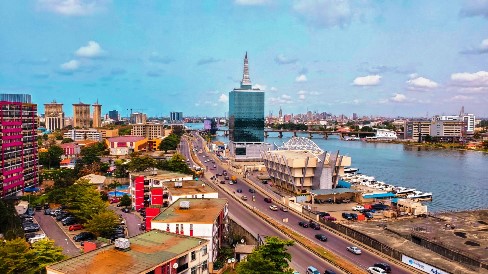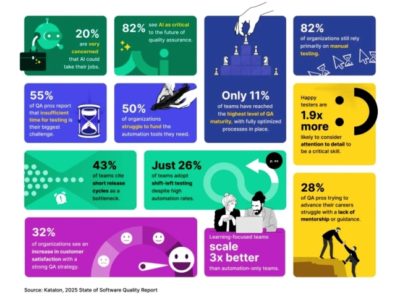By Moses Braimah
The 2024 budget for the Federal Ministry of Marine and Blue Economy focuses on key areas such as ports infrastructural development, modernization of Apapa and Tin Can ports, rehabilitation of Eastern ports, dredging inland and coastal waterways, and building human capacity. The Minister during his budget defence, emphasizes the importance of effective technical and economic regulation to strengthen Nigeria’s Blue Economy.
RELATED: Importance of baseline data for the Ministry of Marine & Blue Economy
Projections for the Blue Economy in 2024 could include anticipated improvements in port infrastructure, increased maritime administration efficiency, growth in human capacity, and positive impacts on economic regulation. These initiatives may attract more ships to Nigerian ports, improve port clearance processes, and contribute to the overall economic growth and GDP of the country.
However, for each specific initiative, potential challenges, and the monitoring of progress throughout the year are important. Additionally, external factors such as global economic conditions and environmental changes should be taken into account.
Briefly, let’s take a look at each.
- Security and Innovation
– A further reduction in piracy incidents through continued collaboration between NIMASA and the Nigerian Navy.
– Expect ongoing investments in maritime safety technologies, potentially leading to a significant improvement in overall security.
- Port Operations
– Positive impact from the commissioning of Lekki Deep seaport on overall port efficiency.
– Increased competition leading to enhanced operations at Apapa and Tin-Can ports.
- Infrastructure Rehabilitation
– Implementation of major port rehabilitation projects, including Apapa and Tin-Can, with a focus on modernization.
– Budget allocation contributing to improved port facilities.
- CVFF Disbursement
– Monitoring progress in CVFF disbursement to indigenous ship owners.
– Assessing the impact on the maritime sector and job creation.
- Blue Economy Potential
– Development of the fishing industry, harnessing wind and renewable energy.
– Exploration of untapped blue economy potential, estimated at $296 billion.
– Job creation, improved food security, and economic growth expected.
- Single Window Platform
– Push for the establishment of a single window platform to streamline port processes.
– Reduction of fees and enhanced efficiency in cargo clearance for import and export.
- Cabotage Act Administration
– Strategic administration of waivers under the Cabotage Act to empower Nigerian shipowners.
– Ensuring the intended impact of the Cabotage Act is realized.
- Illegal Fishing Regulation
– Curtailing illegal fishing activities through effective regulation and punitive measures.
– Safeguarding Nigeria’s marine resources for sustained economic gains.
- Blue Economy Exploitation
– Focus on maximizing opportunities in fishery, wind energy, and renewable energy.
– Job creation, economic growth, and exploration of the $296 billion untapped potential.
- 10. Tourism and Ship Repair Industry
– Collaboration with the Ministry of Tourism for coastal tourism promotion.
– Consideration of the ship repair industry’s potential for economic self-sufficiency.
- Capacity Building
– Emphasis on capacity building initiatives to enhance skills within the maritime sector.
– Training programs to meet evolving industry demands.
- Baseline Studies and Centralized Data Agency
– Initiation of baseline studies for comprehensive understanding of blue economy dynamics.
– Establishment of a centralized Centre/Agency focusing on data, statistics, and research for the sector.
Note. The success of this outlook relies on continuous monitoring, adaptive strategies, and the Ministry’s commitment to fostering innovation, strengthening regulations, and promoting sustainable practices within the Blue Economy.

Braimah is the Executive Project Director of Pacific Messages































